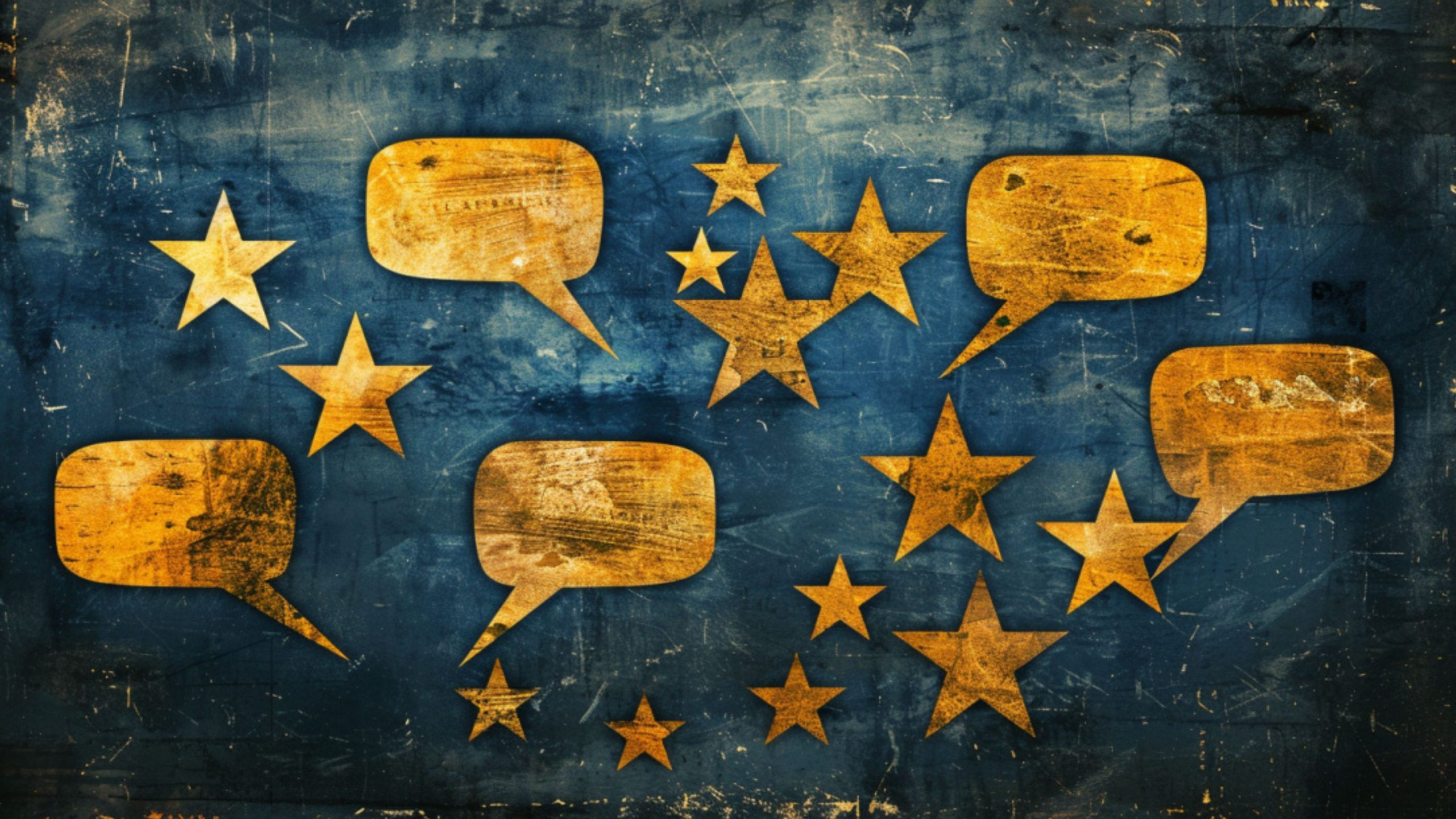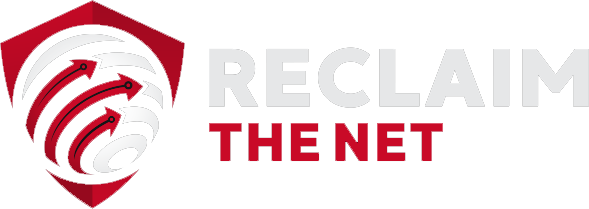

The EU Commission and the Board for Digital Services have announced the revised Code of Conduct on Countering Illegal Hate Speech Online, which has been integrated into the EU's online censorship law, the Digital Services Act (DSA) regulatory framework (as one of the voluntary instruments).
Forbes reported, the code was signed by Dailymotion, Facebook, Instagram, Jeuxvideo.com, LinkedIn, Microsoft-hosted consumer services, Snapchat, Rakuten Viber, TikTok, Twitch, X, and YouTube, the Commission announced.
The document has its roots in 2016, when Facebook, Microsoft, Twitter and YouTube agreed to join, which was two years later followed by Instagram, Snapchat and Dailymotion, and then through 2021 by others.
The content that's to be targeted is that which either the EU or member countries criminalize as hate speech.
…

Become a Member and Keep Reading…
Reclaim your digital freedom. Get the latest on censorship, cancel culture, and surveillance, and learn how to fight back.
Already a supporter? Sign In.